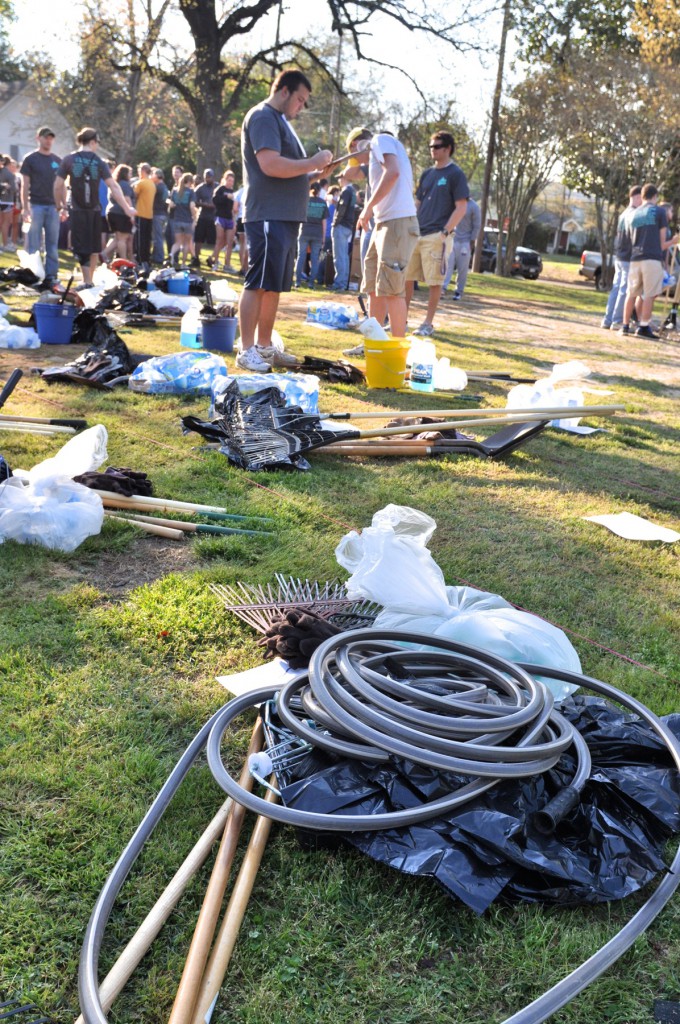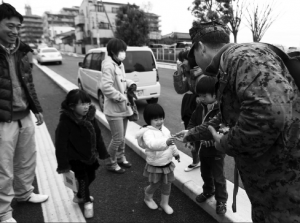 Five Japanese exchange students, one study abroad student describe global reaction
Five Japanese exchange students, one study abroad student describe global reaction
By Tanner Ward
News/features Co-editor
For most Ouachita students, the earthquake in Japan was probably just an unfortunate natural disaster in a place far from campus. “Sure this is a terrible situation,” they may think, “but it probably will never really affect me.”
But for five Ouachita students, the earthquake was real, happening in their own backyards and destroying their home country. Ouachita is currently hosting five study-abroad stu- dents from Fukuoka, Japan, a city located about 600 miles from the epicenter of the quake. The city is on a different island that was not struck directly by the earthquake, and therefore was not affected at all.
“My family and many friends in Fukuoka are [per- fectly fine],” said Ryosuke Shimizu, a freshman politi- cal science major. “But some of my friends who live in Tokyo got cracks in their houses and couldn’t go back to their houses because all of the traffic was stopped.”
Tomohiro Mitome, a freshman psychology major, said his family’s alcohol shop in Fukuoka has been af- fected by the quake, but not because of any damage done to the building.
“They could not get into contact with one of their brewers kind of close to the affected area,” he said. “So their biggest personal concern so far has been that.” Naoya Shite, a freshman business major, said since Ja- pan has so many earthquakes regularly, he did not think anything of it when he heard from a friend, “but when I watched the news, I was surprised,” he said.
The students were able to communicate with their families via e-mail, telephone, Facebook and Skype. Miki Yokota, a freshman sociology major, said she was “so shocked” after watching the news coverage of the earthquake.
“When I watched the news, I cried,” she said. “I was just so sad.” Mitome said he was also surprised when he turned on his TV.
“I was shocked so bad that I was about to cry,” he said. “The TV showed me a black wave like a monster in a Hollywood movie just literally swallowing the city.” Daniela Novotna, is a sophomore vocal performance major who is currently studying abroad at Seinan Gakuin University in Fukuoka. She said she did not feel the quake and was able to communicate with her family and friends immediately.
“I did not have any problem connecting with my fam- ily,” she said. “Actually, I talked to them on Skype right after the earthquake and told them I was alright. Theirnews still did not know anything about it. So they were like, ‘Oh, okay.’ The next day we Skyped and they really realized what was going on in Japan.” The 9.0 magnitude earthquake struck just off the coast of eastern Japan at 2:46 p.m. JST on Friday, March 11. The quake, said to be one of the five most powerful in modern history and the most powerful to ever strike Japan, triggered tsunami waves up to 124 feet tall that devastated the shoreline of the island nation.
The tsunami and its aftermath caused explosions at three nuclear power plants. The plants automatically shut down following the earthquake, forcing emergen- cy generators to power the cooling process. When the waves reached the plants, the seawater destroyed the generators, stopping the necessary cooling process.
Officials have since been searching for ways to stop the series of small nuclear meltdowns at the plants. Sea- water was pumped into the reactors, but this week, of- ficials noticed the tap water in the regions surrounding the plants has been contaminated.
According to the Japanese National Police Agency, nearly 3,000 were injured, more than 12,000 people were killed and more than 15,000 are missing, because of the earthquake and tsunami. Nations from around the world have offered help to Japan. The United States mobilized 20,000 troops to help the affected areas.
“A huge wave of compassion to Japan from all around the world started,” Novotna said. “I found it incredible that every country tried to help as much as they can. I personally know many Americans from the U.S. Navy that are helping to clean up the damage caused by the tsunami. In every store you can find a box for you to donate money. Everyone is trying to help.”
Mitome said any help for Japan is appreciated. “If you are strong, come to help the Japanese people,” he said. “If you are smart, help with fixing the nuclear reactor. If you can afford, donate a dollar or even a pen- ny. If you can sing very well, come to sing and cheer them up. If you can’t find anything you can do, just try knowing about what is going on there. That means so much to us.”
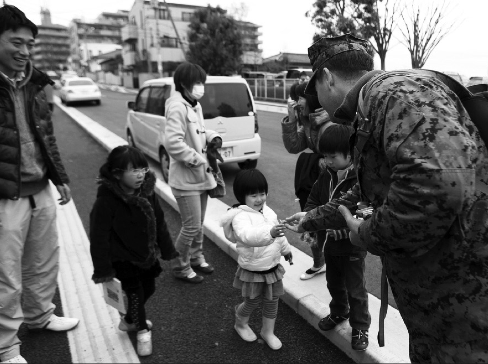
Japan Earthquakes impact students
Latest from Featured Stories
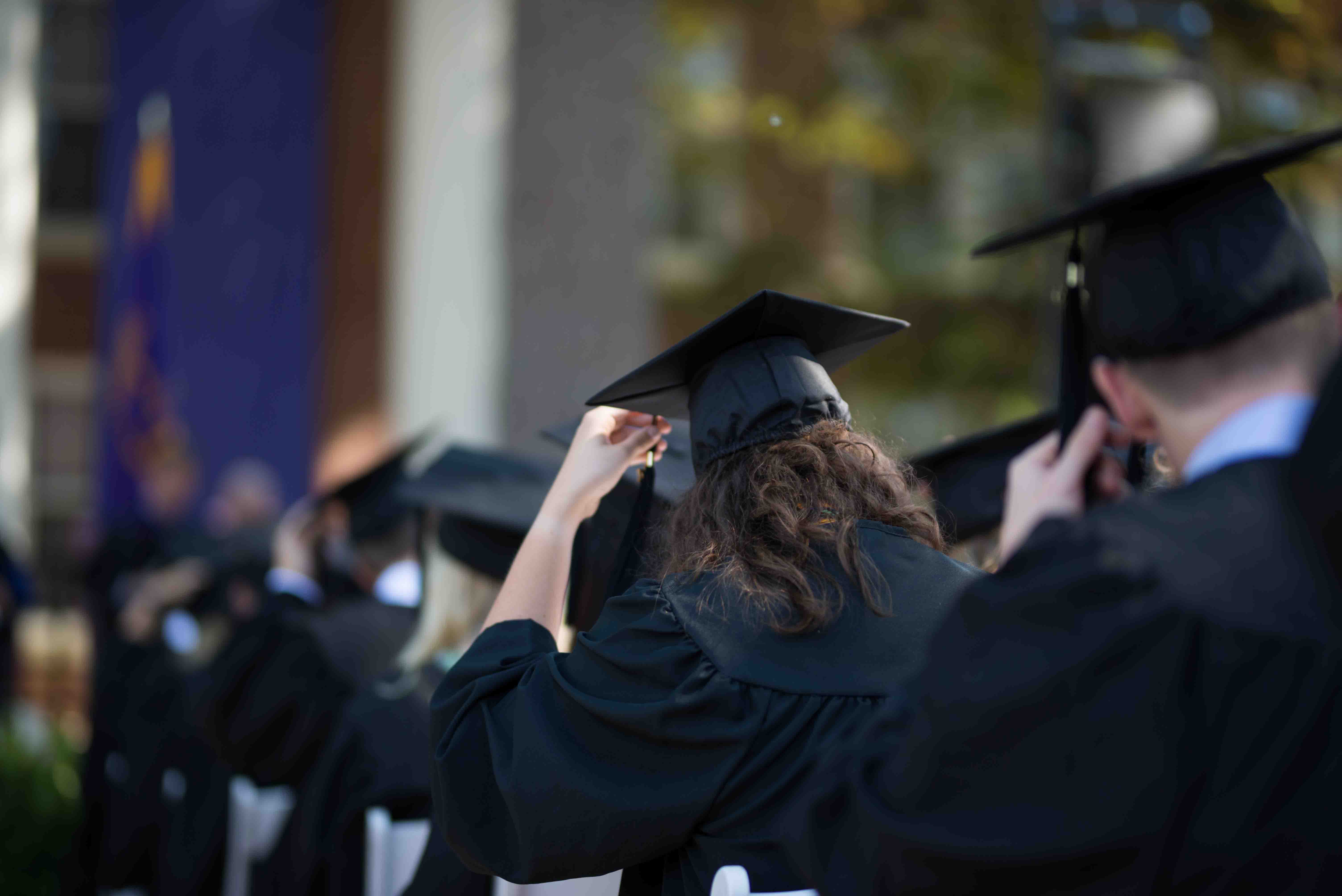
Convictions, counselors, community mold minds
Dr. Scott Duvall, Guest Writer April 28, 2022 Dr. J. Scott Duvall, a 1980 Ouachita graduate, is the J.C. & Mae Fuller Professor of…
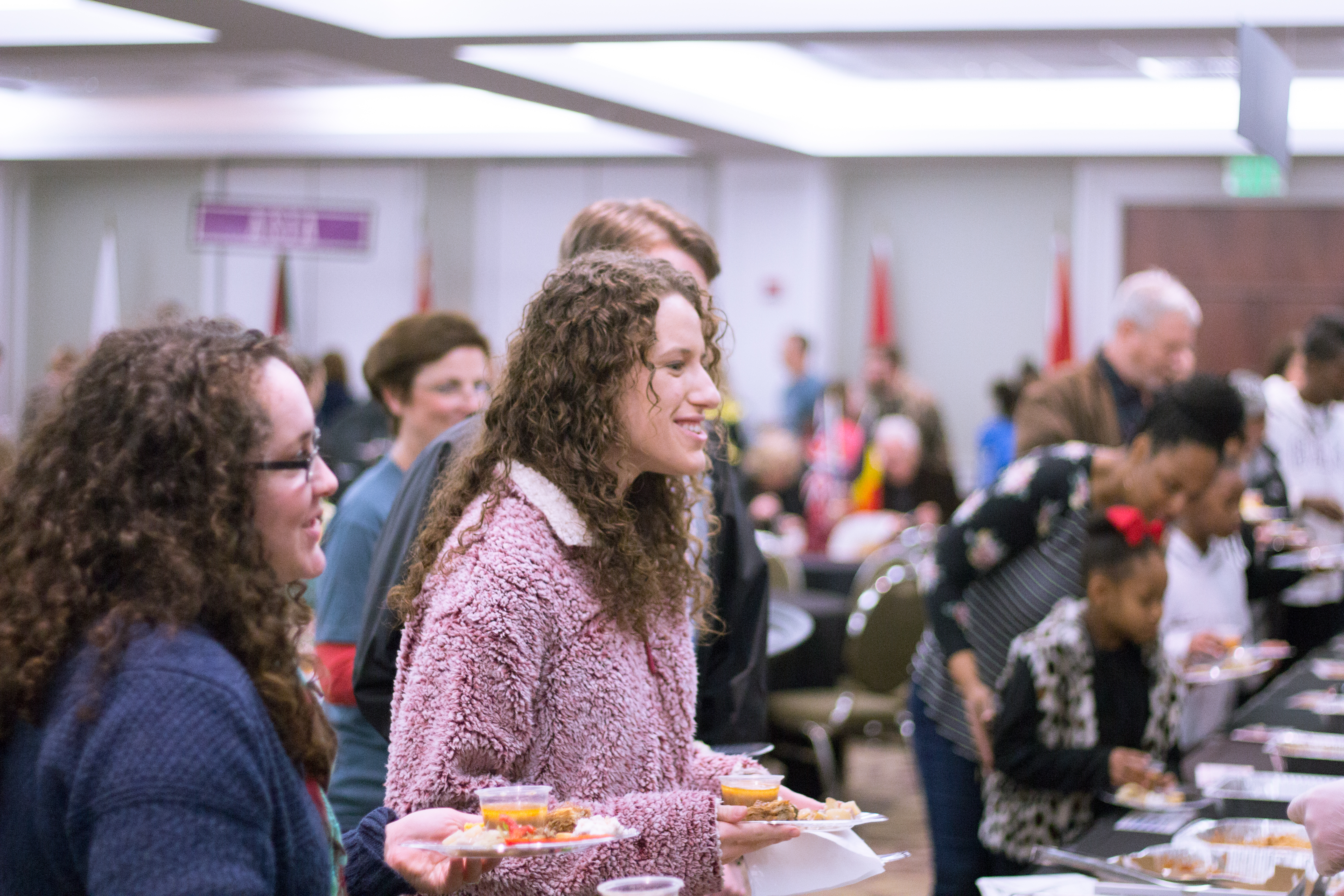
International Club to host 2020 International Food Festival
Ouachita Baptist University’s International Club and the Daniel and Betty Jo Grant Center will host the 2020 International Food Festival this Tuesday, Feb. 18…

Miss Congeniality: Bowa Asagba reflects on sharing meaningful, personal platform
The mirror reflection showed every detail: the makeup, the hair products, the props and scripts. The candidates were rushing around in shimmering evening dresses…

Smith explores passions at Ouachita
It takes a special charisma to convince a few hundred strangers you are the right man to lead them. Freshman Class President Kallen Smith…

Artist pursues contentment during senior year
A complicated love story. This is how Mandy Berry, a senior studio art and entrepreneurship major from Nashville, Tennessee, views her relationship with her…

